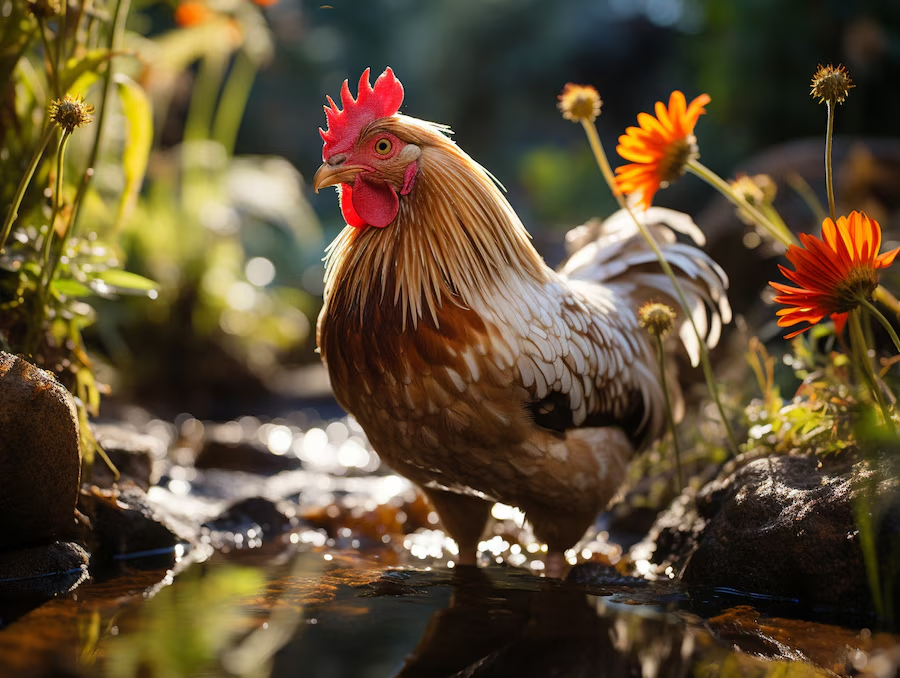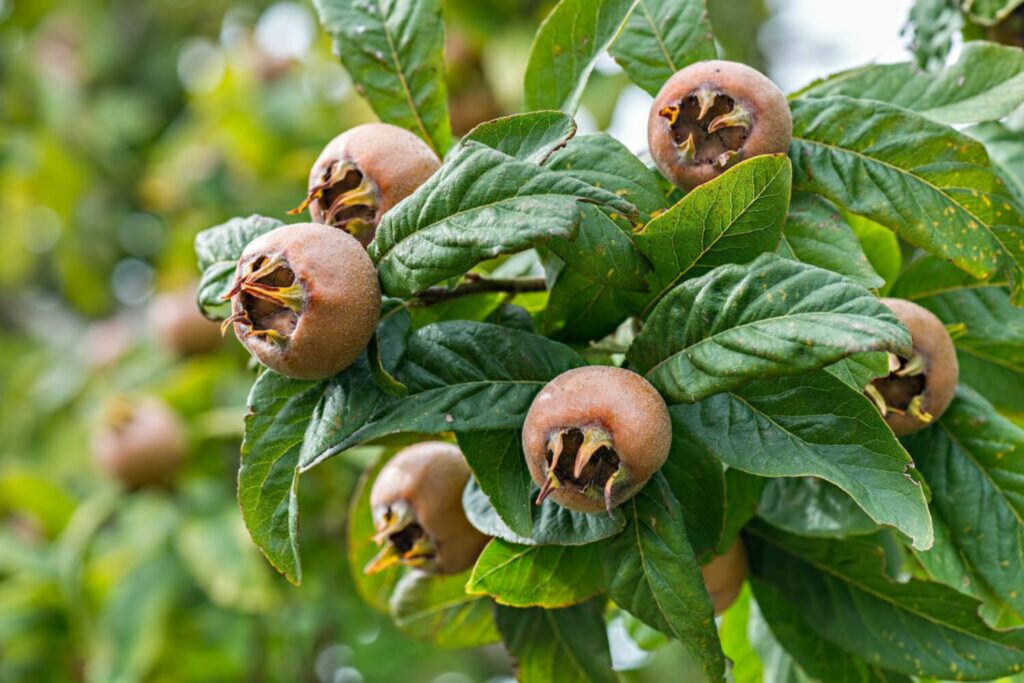Explore the unique world of Live:p_3ijan3bzo= Chicken, including their care, habitat, and benefits. Learn practical tips for raising chickens, from choosing the right breed to understanding their behavior.
Introduction
Live:p_3ijan3bzo= Chicken are an essential part of agriculture worldwide, valued for their eggs, meat, and companionship. Their unique behaviors, dietary habits, and adaptable nature make them fascinating to observe and raise. Understanding how to care for a live chicken and provide it with a suitable environment is key for a healthy flock.
The Origins of the Domesticated Chicken
Chickens, believed to descend from wild Red Junglefowl in Southeast Asia, have been domesticated for thousands of years. They became an integral part of agriculture and culture, offering a reliable source of protein through eggs and meat. These origins influence the behaviors and needs of today’s live chicken.
Different Breeds of Live Chickens
There are many chicken breeds, each with unique traits and appearances. Popular breeds include the Rhode Island Red for eggs, the Cornish Cross for meat, and the Silkie for companionship. Knowing which breed aligns with your goals helps ensure a rewarding chicken-raising experience.
Understanding Chicken Behavior
Live chickens have social structures, often forming complex hierarchies known as pecking orders. Observing these behaviors helps provide a harmonious environment. Chickens communicate through clucks, chirps, and crowing, expressing emotions like contentment, curiosity, or alarm.
Housing and Environment for Chickens
Chickens thrive in environments that meet their basic needs for shelter, food, and safety. Proper housing is essential, with coops offering protection from predators and the elements. Additionally, chickens enjoy roaming, so providing a safe outdoor space allows them to forage naturally.
Feeding Your Live Chickens Properly
Chickens require a balanced diet of grains, proteins, and greens. Quality feed is essential, supplemented by occasional treats like vegetables, seeds, and insects. Their natural foraging instincts drive them to search for food, which also provides exercise and enrichment.

Health and Hygiene for a Live Chicken
Maintaining hygiene in a chicken coop minimizes the risk of disease. Cleanliness and fresh water are vital, as well as regular checks for parasites like mites or lice. Veterinarian visits, though less common for chickens, are also beneficial for long-term health.
The Role of Roosters in a Flock
Roosters provide protection and organization within a flock, though they’re not essential for egg production. While roosters can be territorial, they play a vital role in warning hens of potential dangers and keeping the flock together.
Egg Production and Collection
For many, egg production is a key reason to raise chickens. Proper lighting, nutrition, and care influence egg-laying. Collecting eggs daily prevents them from becoming damaged and ensures a steady supply of fresh eggs for consumption or sale.
Understanding Brooding and Raising Chicks
Brooding is the process of a hen sitting on eggs to hatch chicks. However, incubators can also help hatch eggs. Raising chicks requires warmth, special feed, and constant care until they’re strong enough to join the main flock.
Benefits of Raising Live:p_3ijan3bzo= Chicken
Chickens provide sustainable protein through eggs and meat, and their manure is an excellent fertilizer. Additionally, chickens control pests by eating insects, promoting a healthier garden or farm environment. Their presence can even reduce food waste by consuming table scraps.
Challenges of Raising Live Chickens
Raising chickens has challenges, including predator risks, weather impacts, and coop maintenance. Chickens also have specific social needs that require managing pecking orders, which can sometimes lead to aggressive behavior within the flock.
Winter Care for Live Chickens
Chickens are resilient but need extra care in winter. Providing insulated coops, minimizing drafts, and offering warm water helps them stay comfortable. Chickens also consume more food in winter to maintain body heat, so feeding adjustments may be necessary.
Managing a Chicken Coop in Hot Weather
Hot weather poses risks like dehydration and heat stress for live chickens. Fresh, cool water and shade are crucial, as well as ventilation in the coop. Adding ice or fans can also help chickens remain comfortable during heat waves.

The Natural Foraging Behavior of Chickens
Live:p_3ijan3bzo= Chicken love to forage, scratching the ground for insects, seeds, and plants. This behavior promotes mental stimulation, reduces boredom, and offers additional nutrients. Creating a foraging-friendly environment enhances their well-being and supports healthier chickens.
Common Health Issues in Chickens
Chickens can be affected by illnesses like Marek’s disease, respiratory infections, and parasites. Regular observation, quarantine for new or sick chickens, and vaccinations can prevent disease spread and help maintain a healthy flock.
How Chickens Impact Garden Health
Chickens are natural gardeners, eating pests, tilling soil, and fertilizing with manure. Many gardeners welcome chickens into designated garden areas where they can contribute to pest control and soil enrichment while enjoying varied diets.
Sustainable Chicken-Keeping Practices
Sustainability is key in modern chicken keeping. Practices like composting chicken manure, using recycled materials for coops, and reducing waste by feeding chickens scraps contribute to a sustainable lifestyle and promote environmental stewardship.
Legal Considerations for Raising Chickens
Local laws often regulate chicken ownership, especially in urban areas. Knowing local zoning laws and restrictions can prevent legal issues. Some areas may limit the number of chickens or restrict roosters, impacting how and where chickens can be kept.
Conclusion
Raising Live:p_3ijan3bzo= Chicken offers a unique and rewarding experience, from fresh eggs to pest control. With proper care, they become productive members of a household or farm, providing both practical benefits and an engaging glimpse into nature’s workings.
Read Also: positive:copdtkq4nms= inspirational quotes Growth and Resilience





